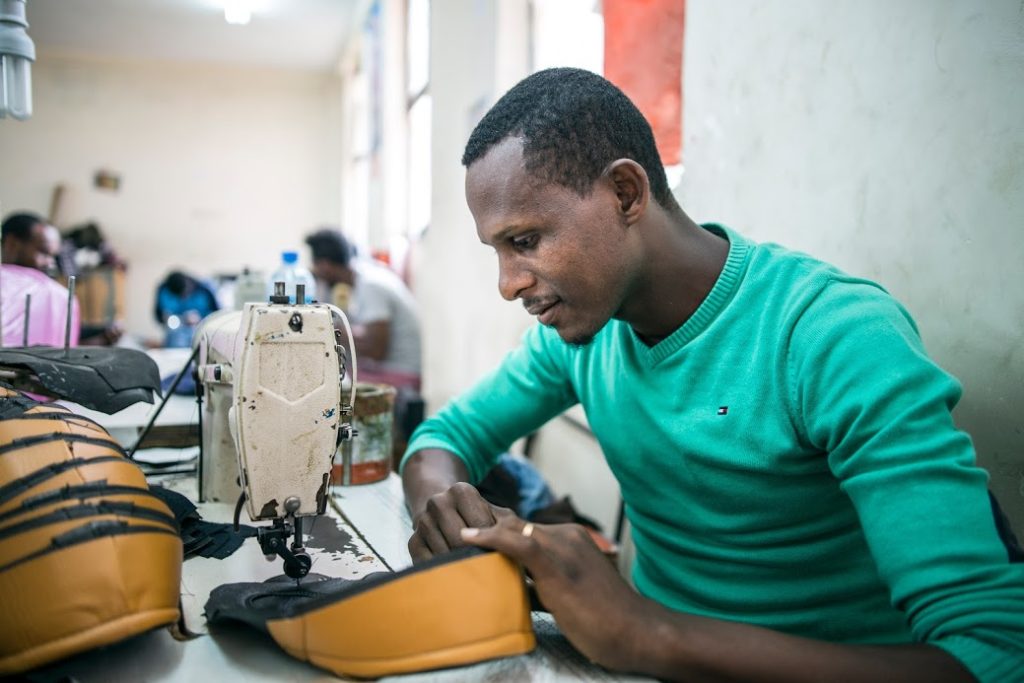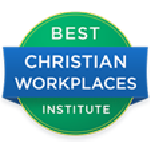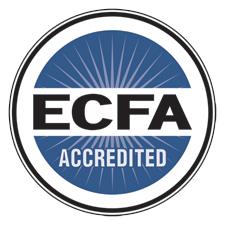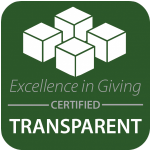Welcome to the fifth blog in our series, “The 12 Areas of Community Transformation.” Over the course of this year we are answering the question, “How is HopeChest different from other leading child sponsorship organizations?” Today’s blog is about the fifth of these 12 areas of primary community transformation.
Economic Development
There are many ill-conceived perceptions about work. To many, the word “work” implies that it is not fun. By our use of the word, we think of unpleasant circumstances where an activity was difficult or hard to complete – it was work, not fun.
This carries over in our thinking as Christians, as well. Many consider work to be a result of the curse after the Fall of Mankind. However, when we read Genesis closely, we see that shortly after God created human beings, He told Adam and Eve that they were to take care of the garden – to work and cultivate the land. This all happened prior to the Fall – not after the Fall. Even God worked for six days and then He rested on the seventh day!
There was no original intention of work to be perceived as punishment. Work was not a result of the curse nor was it meant to be something bad. Work has a much broader concept and context. The context of work is that it is a means for human beings to create – together with God.
God, who created us in His image, has called us to work together with Him – to create together with Him. It seems that God receives great joy from seeing us, as His creation, creating with Him, fulfilling our purpose and calling.
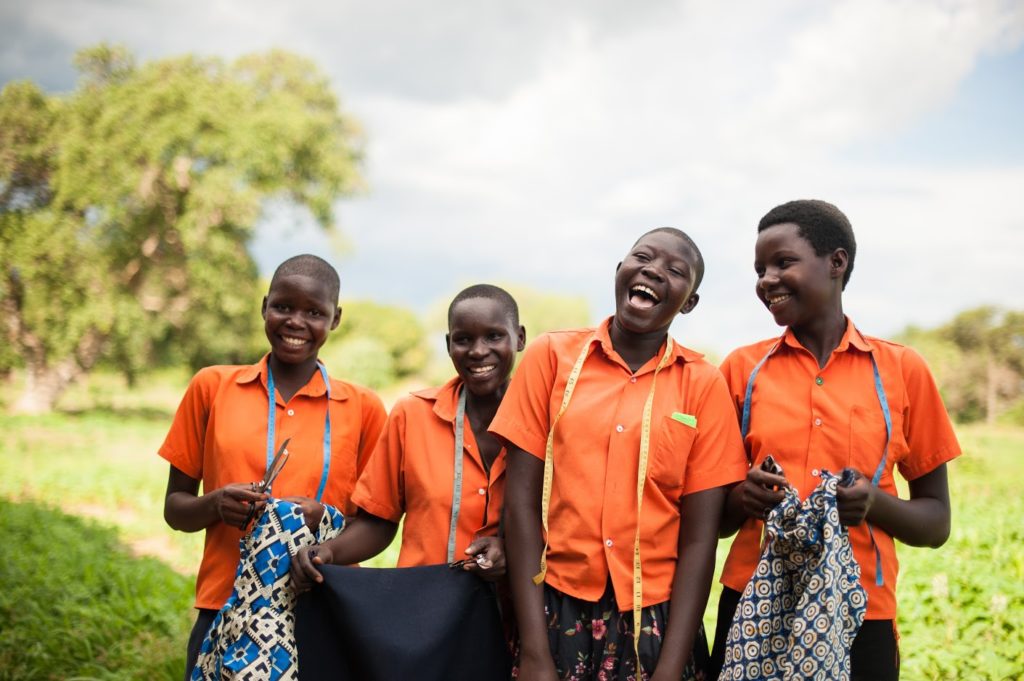
How This Creates Sustainability
We see many situations, in our world today, where international development does not function in a way that sustains people and communities. Many people think that all that is needed is to re-distribute the wealth – some have too much; others have too little. However, if we do not build into people’s lives an understanding of how to manage and multiply the resources that they have, it is not likely that they will know how to be good stewards of them. We must help them to properly use, leverage, and increase the resources that they have.
Children’s Hopechest is engaged with communities that have experienced extreme poverty. While some would starve or suffer deeply without the basics of food, clothing and shelter, we do not want to simply give handouts on a long-term scale. There is an appropriate time to provide aid, especially when there has been a natural disaster or even a man-created circumstance, such as war. The problem is that the idea of handing out material goods and money as aid has become the de facto way of attempting to address poverty. Where charitable organizations have done this in the past, it has only increased the sense of dependency that the poor have on others to provide for what is needed.
We do not want to be ‘needs-based’ in what we do. We are looking for the assets and resources already existing – perhaps dormant – in a community and in the lives of those who live there.
We must encourage communities to use “asset-based” assessments to discover what resources and skill sets have been buried and lie dormant. There will be many such “gifts,” including those who have innovative minds–entrepreneurs. As these people exercise their gifts and talents in various ways, we will experience how they love to create ideas and express those ideas in the form of businesses. As a result, they provide wonderful opportunities as these businesses begin to employ others to help their businesses function well. Thereby, we see that jobs are created, people are employed, and goods and services are produced.
Employment Training
One of the things that we consciously focus on in the countries where we work is to help orphaned and vulnerable children and their families to either find meaningful employment, or to create small businesses that will sustain themselves and also employ others in meaningful ways. Hopefully, these will not just be “jobs.” It is important that these work opportunities are meaningful both for those who are employed but also for those who receive the beneficial goods and services from them.
HopeChest provides many unique programs that help to connect vulnerable individuals with meaningful employment. At our Kirov Ministry Center in Russia, Kirov Employment Agency specialists conduct evaluations of program participants to determine their professional inclinations and job compatibilities in a four-month program called Jobs for Life. Support is also given at Ministry Centers to help youth and young adults put together resumes, find job openings, communicate in an interview, and succeed within their workplace.
HopeChest desires to empower individuals in the communities we serve to find work that they are suited for, and hopefully that they enjoy, so that they can contribute to their own self-sustainability, as well as their communities.
Vocational Skills and IGA’s
As HopeChest endeavors to empower communities, we work to help the leaders of the CarePoints and local communities in their efforts to train youth in vocational and life skills. As young people learn these skills, they will use them during their lifetimes to earn a living, and support their future families. A wonderful side effect is that it may help create jobs, stimulate healthy growth in their local economies through the production of goods and services beneficial to communities.
Through vocational training, participants are able to network within the job industry to establish connections for future employment or business, as well as gain practical experience. HopeChest works with local leaders to develop income-generating activities with self-sustainability in mind.
Community Savings and Co-ops
As individuals work together in communities, this serves to teach them how to build healthy relationships and lifestyles. They can begin to create and work in local co-ops, establishing healthy habits of saving and investing, and building for their future.
In some communities, HopeChest partners with local experts to conduct trainings on group savings programs called Village Savings & Loans Associations (VSLA). Members of the group commit to making a weekly deposit into their VSLA group. The money doesn’t go to a bank, but is pooled and held in a lock box in a secure place. Each week the VSLA members meet as a group, make their deposits, and members of the VSLA can prepare a proposal to present to the committee seeking a loan. The loans are most often used for starting a business, but may also be used for building or improving their home, or paying education fees, or funding some other community project. Loans are charged 10% interest and when repaid, the interest goes into the VSLA account which is then paid out as profit to all the members based on their percentage of savings over the year. They then start the VSLA all over again for the next year. This program is having a tremendous impact on the villages in which we work as the notion of saving, investing and capital return are sown into the communities. The dignity and honor VSLA’s create is truly inspiring.
Simon is a CarePoint head cook at Obwobwo CarePoint. He was so happy to be chosen as the chief cook, and he expressed feeling thankful because his wellbeing and the wellbeing of his family has changed through his employment. Now he can support his family and pay his children’s school fees. Through the Village Savings and Loans Association at the CarePoint, he has been able to save money and purchase two heads of cattle, which to him is a great achievement.
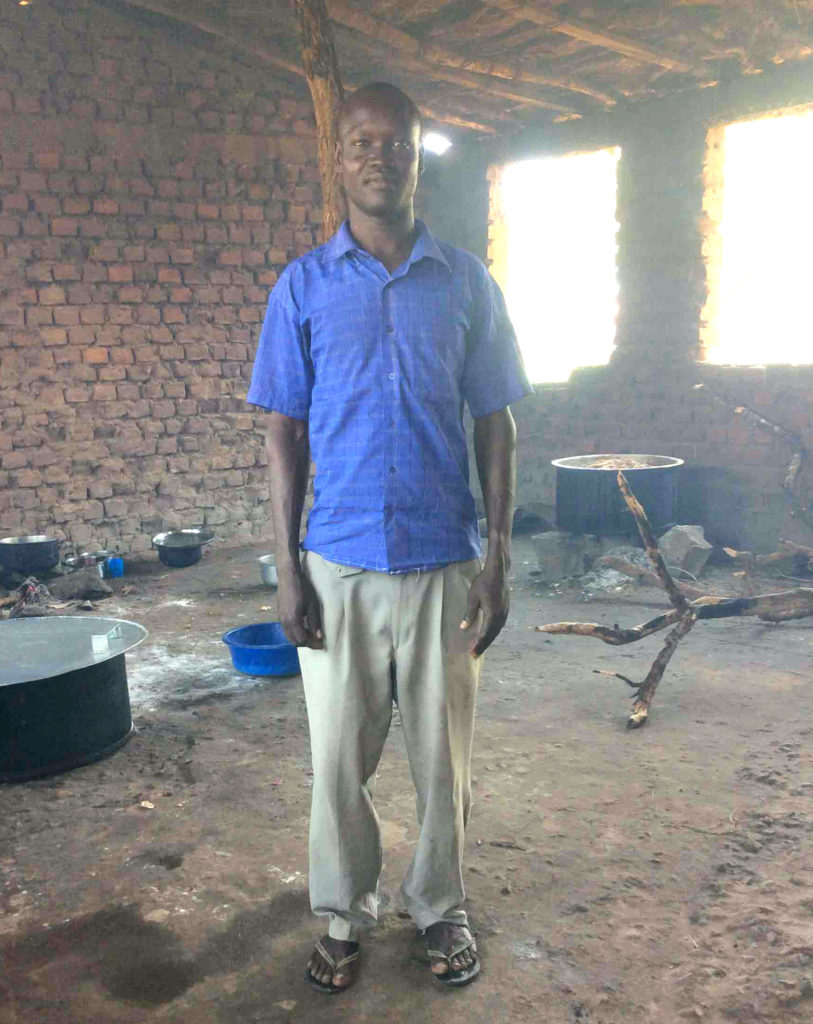
Human beings were created in God’s image. We are to use this God-given calling to create sustainability for ourselves and for others, moving from dependence toward dignity. In doing so, we give Him glory.
___________________________________________
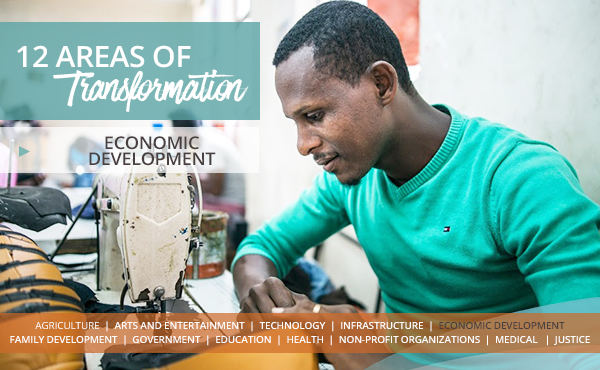
This blog is part of our new, educational series that answers the question, “How are you different from other leading child sponsorship organizations?” Over the course of the year we are going in depth about how your support impacts entire communities in 12 unique areas of transformation. If you don’t want to miss one of the blogs in our “The 12 Areas of Community Transformation” series, subscribe to our blog, HopeChest Insights, here!

